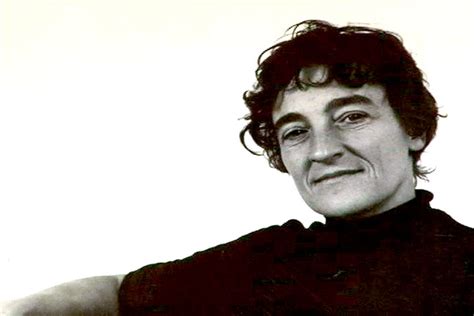A Quote by Paul Virilio
If we turn to the war in Kosovo, what do we find? We find the manipulation of the audience's emotions by the mass media.
Quote Topics
Related Quotes
The Second Wave Society is industrial and based on mass production, mass distribution, mass consumption, mass education, mass media, mass recreation, mass entertainment, and weapons of mass destruction. You combine those things with standardization, centralization, concentration, and synchronization, and you wind up with a style of organization we call bureaucracy.
There can be no doubt about this. It even held true for the soldiers involved in the Kosovo War. For the soldiers stayed mostly in their barracks! In this way, polar inertia has truly become a mass phenomenon. And not only for the TV audiences watching the war at home but also for the army that watches the battle from the barracks.
If you listen to the talk shows, which are rabid right-wing, and very interesting, an important fact about the United States, they reach a huge audience. And they're very uniform. So right wing, I don't think you can even find an analog in your, but they reach a mass audience, and their view is that the corporations are liberal. Their appeal to the population is, "the country is run by liberals, they own the corporations, they run the government, they own the media, and they don't care about us ordinary people."
To find something comparable, you have to go back 500 years to the printing press, the birth of mass media – which, incidentally, is what really destroyed the old world of kings and aristocracies. Technology is shifting power away from the editors, the publishers, the establishment, the media elite. Now it’s the people who are taking control.
It seems to me that dominant cinema seems to require an empathy or a sympathy between the film and the audience which is basically to do with the manipulation of the emotions and it seems to me again -- and this is a very subjective position -- that most cinema seems to trivialise the emotions, sentimentalising or romanticising them.
What's awesome about social media is you curate your own experience. That leads to the rise of niche celebrities, who are actually just as popular as mass celebrities, but because there's no incentive for traditional media to invest in them as celebrities, they find a home where people can follow them on Instagram.
I wanted to tell the story of these women and the war in the Congo and I couldn't find anything about them in the newspapers or in the library, so I felt I had to get on a plane and go to Africa and find the story myself. I felt there was a complete absence in the media of their narrative. It's very different now, but when I went in 2004 that was definitely the case.
An audience is the perfect thing to unleash venom and hate on. It doesn't necessarily mean you hate everyone in the audience but when you've got a so-called adoring mass in front of you, it's a perfect target for that kind of disgust. Sometimes you find yourself in a position where you're venting your disgust on an audience and a lot of them keep coming back 'cos they actually like that aspect. In a way that diffuses the feeling and you don't gel the same release.





































